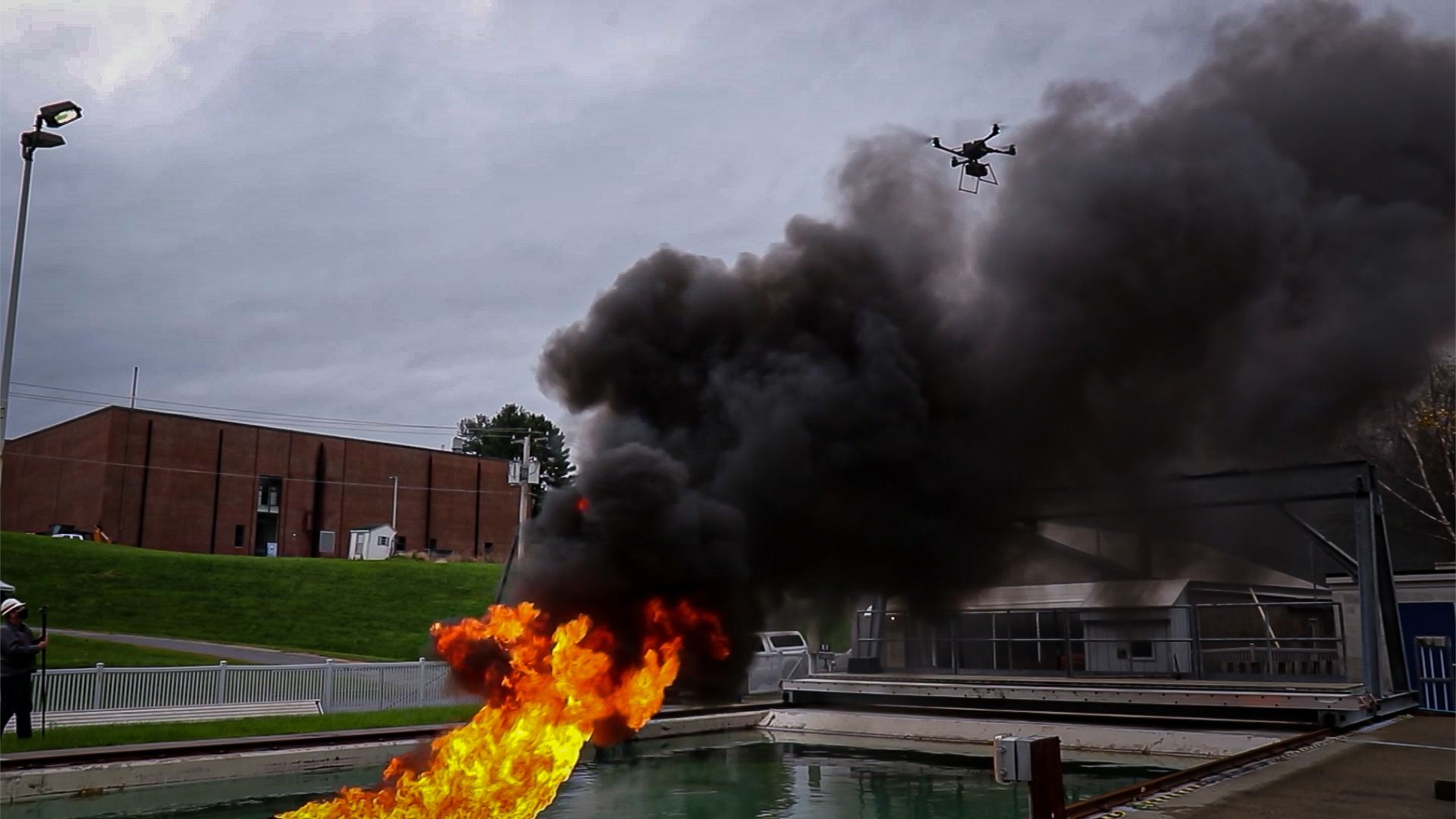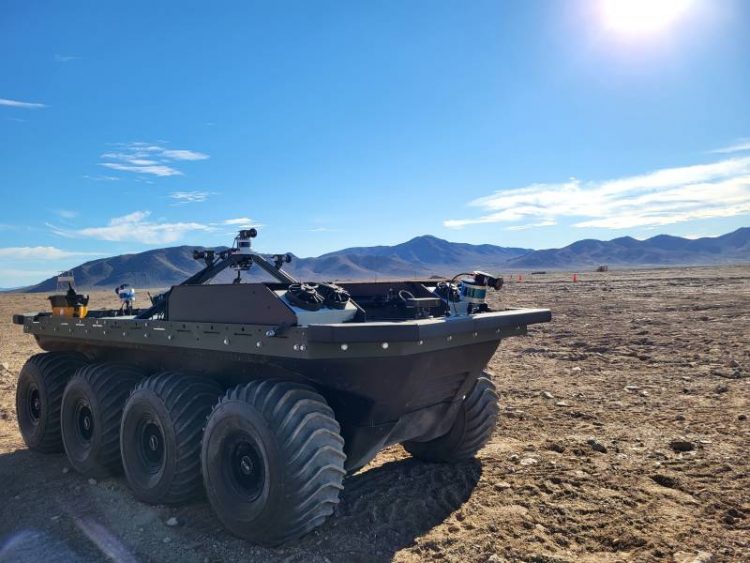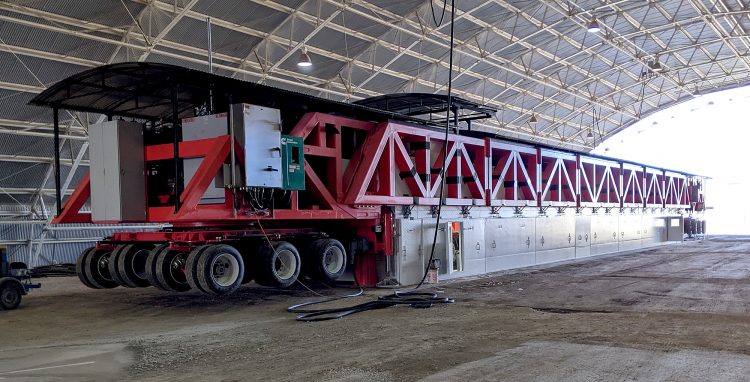
The environmental and economic toll of large-scale oil spills, such as the Exxon Valdez and Deepwater Horizon incidents, can linger for decades. That’s why research into better techniques and technologies for rapidly responding to these disasters is critical.
One aspect of oil spill response that requires particular attention is the effect of ice and frigid temperatures, which can change oil properties and make the substance more difficult to locate or extract. Through the world-class expertise and facilities at its Cold Regions Research and Engineering Laboratory (CRREL), ERDC has developed a unique capability to enable in-depth research into mitigating oil spills on ice. As ERDC collaborates with partners to find these innovative solutions, first responders will be better equipped to have the greatest impact should a disaster occur.
We discuss ERDC’s oil-on-ice research with Kate Trubac, a research general engineer at CRREL.
We talk with Kate about the challenges of oil spill cleanup (3:34), how icy conditions make it even more difficult (4:26), and why it is important to study this topic (6:27). We also discuss ERDC’s role in this research (9:30, 10:52), how it supports a variety of strategies (18:01), its collaboration with partners (9:49), and what the future holds (35:12).
For more information on the Power of ERDC podcast, visit https://www.PowerofERDCPodcast.org.
Podcast: Play in new window | Download



